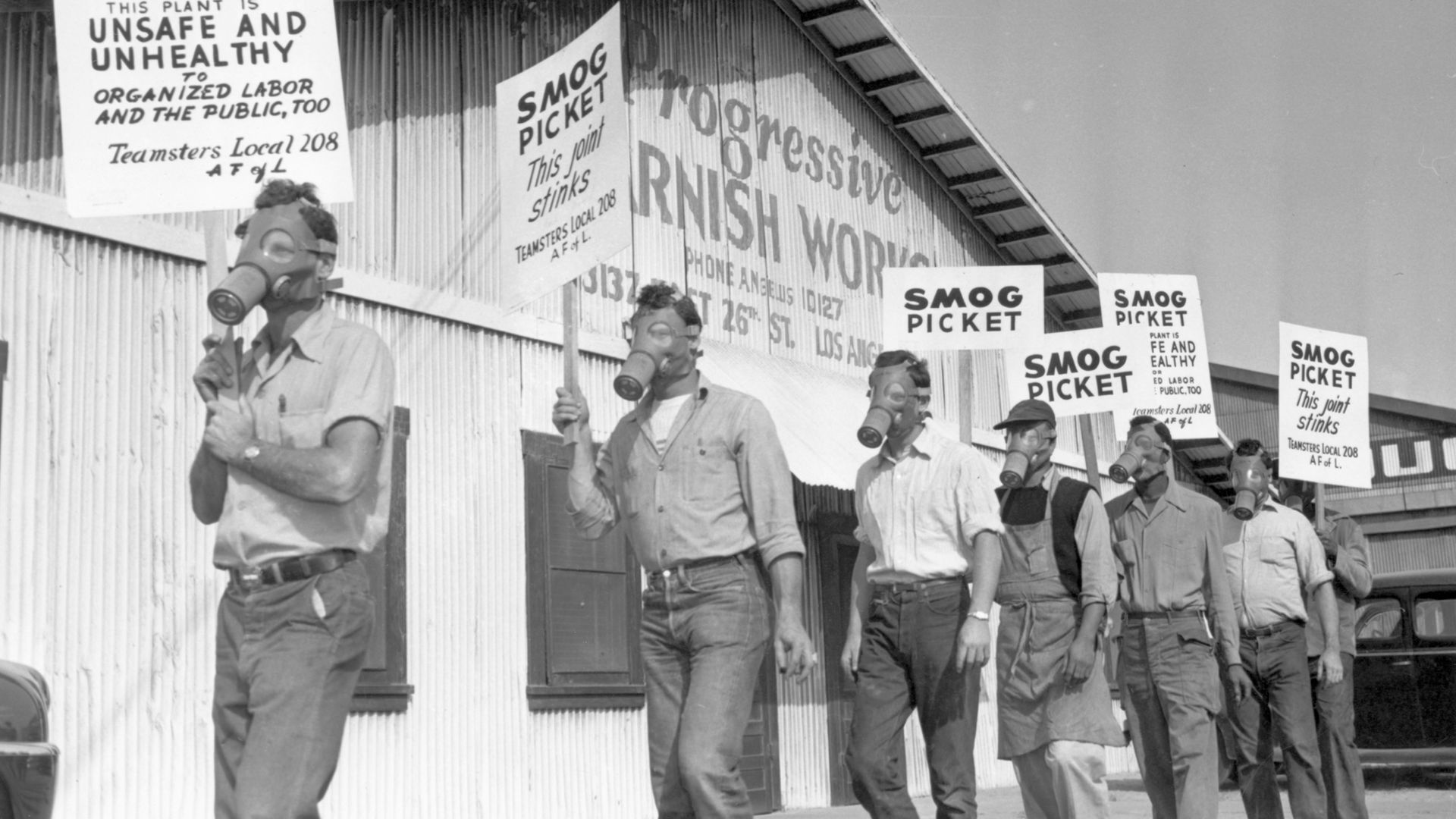
PETER TRUDGILL on the curious process by which neutral phrases for ‘smell’ tend to turn bad.
It is rather well known to keen crossword solvers that the English words aroma, odour, scent, smell and stink all have five letters. Crossword clues indicating a five-letter olfactory answer can therefore not be readily resolved without further work and thought.
A good question might be, then: why does English need all of these different words meaning ‘smell’? Probably we should exclude stink from this list, because it clearly means specifically ‘bad smell’ rather than simply ‘smell’. But, still, what is the point of having four words in the language for the same thing – not forgetting that we could also add in the longer words perfume and fragrance?
Anyone looking up scent, aroma, odour and smell in a dictionary will see that they all tend to be defined in terms of one another. Google Translate renders these four words into French as odeur, odeur, odeur and odeur – although a good English-French dictionary will, of course, give you rather more options than just that. Google Translate similarly renders scent, aroma, odour and smell into Polish as zapach four times.
One benefit of having all of these synonyms in English is that, as is so often the case, they are not truly 100% synonyms. They all have at least slightly different senses and nuances, something which can be very useful for expressing different and more or less subtle shades of meaning.
But as for how and why this proliferation of English smell-words came about, one clue may be found from examining what happened in the case of stink. In Anglo-Saxon times, the earliest usage of the Old English word – variously stink, stenk and stench – was to refer to a smell or vapour of any kind, good or bad.
The Old English text of the Blickling Homilies, from the 900s AD, contains the phrase Thonne [when] ye tha swetan stencas gestincath, ‘when you smell the sweet smells’. Stinks in those days were not just unpleasant.
Since the mediaeval period, however, stink has come to refer only to smells which are disagreeable and offensive: it stinks to high heaven, whether intended literally or metaphorically, is clearly a negative assessment in modern English.
Over time, this originally neutral olfactory-sensation word gradually attracted more and more negative connotations until it eventually ended up being completely negative.
Once that had happened, we can suppose that a new neutral word would have been welcome – and smell filled the bill: smell (the origin of the word is not certain) first made an appearance in written English in about 1200.
However, this process of pejoration – the degeneration of a positive or neutral word into one with a less favourable meaning – is something which items having to do with smell seem to be particularly prone to: the same fate later befell the word smell itself.
In contemporary English, if it is said of somebody that he smells, that can only mean ‘he smells bad’. This negative meaning started being one of the possible interpretations of smell from about 1400 onwards, although of course it still remains perfectly possible to say What a beautiful smell!
But to avoid any confusion in situations where the intended meaning of smell was in doubt, another word needed to be used; and a good candidate soon turned out to be odour, which was borrowed from French. Phrases such as fresh odour and sweet odour were commonly used. However, it was only a couple of centuries before odour, too, started to allow unfavourable as well as favourable interpretations: around 1700, Dryden was writing of a rank odour. BO (short for body odour) seems to have been a 20th century invention.
Unsurprisingly, yet another word then came into the picture. From the 19th century onwards, aroma started being to be used to signify ‘agreeable odour, sweet smell’. Aroma was derived from Old French aromats meaning ‘spices’. Scent and fragrance were also borrowed into English from French, fragrance not until about 1700.
Perfume
The word perfume arrived in 16th century English via French parfum, from Latin per-fumare ‘perfuse with smoke’, referring particularly to the use in a room of smoke or incense from some substance emitting an agreeable scent when burnt. The word was originally stressed on the second syllable, perFUME.
What do you think? Have your say on this and more by emailing letters@theneweuropean.co.uk










